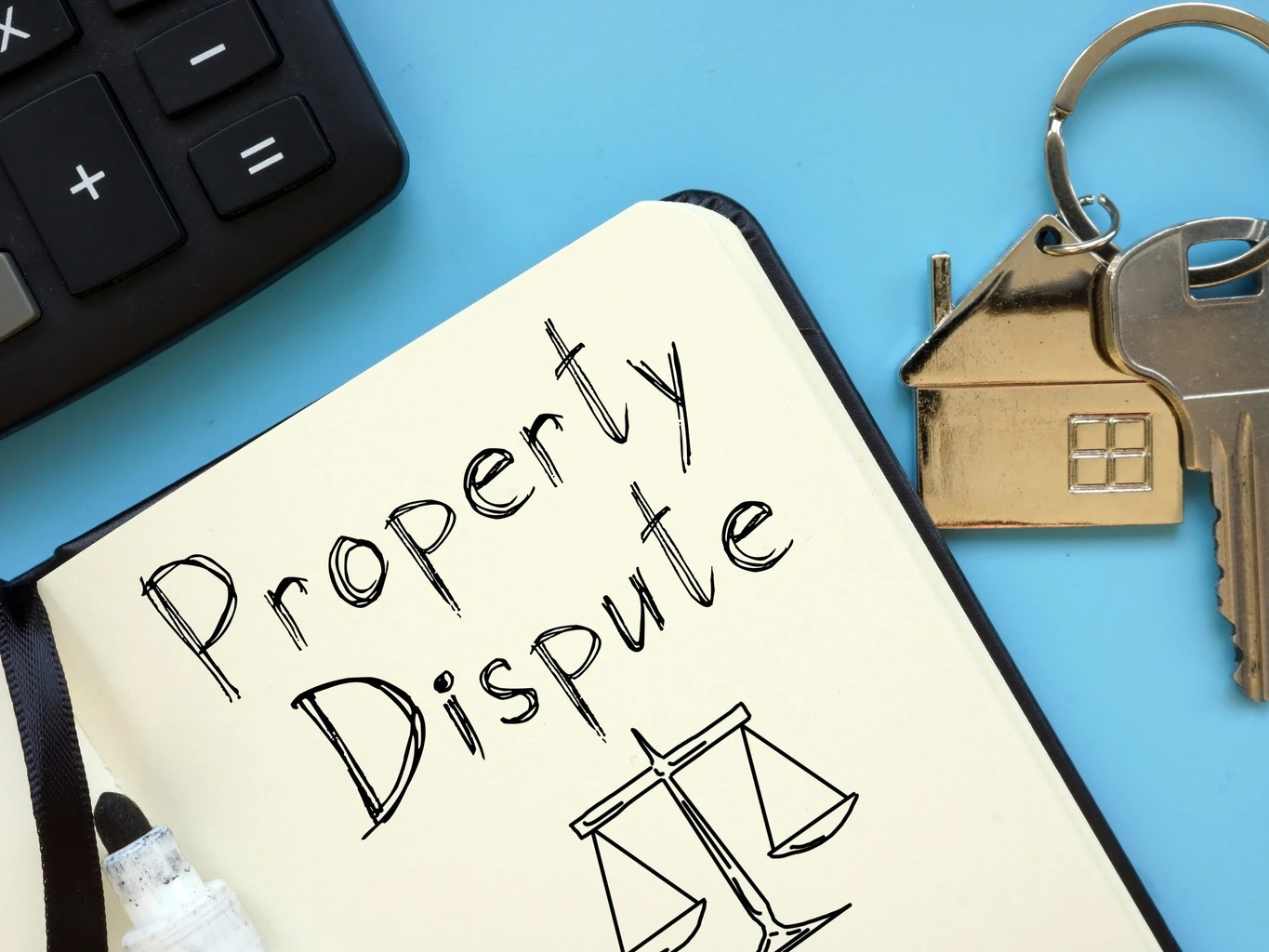Property disputes are common in Zimbabwe, often arising from issues like inheritance conflicts, unclear title deeds, boundary disagreements, or fraudulent sales. If not handled properly, these disputes can result in loss of property, lengthy court battles, or financial ruin.
This guide explains how to legally resolve property disputes in Zimbabwe, what laws apply, and the best steps to protect your real estate investment.
Common Causes of Property Disputes in Zimbabwe
1. Inheritance and Succession Issues
- Disputes among family members over land or houses left by deceased relatives.
Example: Children fighting over a Harare family home where no valid will exists.
2. Boundary and Land Ownership Conflicts
- Overlapping land measurements, missing beacons, or double allocations of the same stand.
3. Fraudulent Property Sales
- Fake title deeds or sales without the knowledge of the rightful owner.
- According to ZIMRA reports, dozens of cases of fraudulent transfers are recorded each year.
4. Landlord–Tenant Disputes
- Rent defaults, illegal evictions, or disputes over lease agreements.
5. Joint Ownership Disagreements
- Business partners or relatives failing to agree on how to manage or sell co-owned property.
Legal Framework Governing Property Disputes
In Zimbabwe, property disputes are governed by several key laws:
- Deeds Registries Act [Chapter 20:05] – regulates title deeds and property transfers.
- Administration of Estates Act [Chapter 6:01] – governs inheritance and succession.
- Customary Law and Local Courts – apply in rural and communal land disputes.
- Magistrates’ and High Courts – handle civil property disputes, including eviction and ownership cases.
Steps to Handle Property Disputes Legally
1. Gather Documentation
Collect all legal documents related to the property:
- Title deeds
- Sale agreements
- Lease agreements
- Proof of payments or rates clearance certificates
Tip: Courts rely heavily on documentation. Missing papers weaken your case.
2. Seek Mediation First
- Mediation through lawyers, local councils, or community leaders can resolve disputes faster and at lower cost.
Example: Boundary disputes in rural areas are often resolved by the local chief or village head before escalating to courts.
3. Engage a Property Lawyer
- Hire a registered legal practitioner specializing in real estate and property law.
- Lawyers can help file applications at the High Court or defend against fraudulent claims
4. File a Case in Court
- Magistrates’ Court → handles disputes involving smaller properties and rentals.
- High Court of Zimbabwe → handles complex cases like ownership, inheritance, and fraud.
Court remedies may include:
- Eviction orders
- Cancellation of fraudulent transfers
- Division of jointly owned property
5. Report Fraudulent Transactions
If fraud is suspected:
- Report to the Zimbabwe Republic Police (ZRP) Commercial Crimes Division.
- ZIMRA and the Deeds Registry can freeze fraudulent transfers pending investigation.
Real-Life Example
In 2023, a Harare family discovered that their Avondale property had been fraudulently transferred. By engaging the High Court, the transfer was nullified, and the culprits were arrested.
Lesson: Always verify deeds with the Deeds Office before buying or transferring property.
Preventing Property Disputes
- Always perform a title deed search before buying.
- Use registered estate agents and conveyancers for transactions.
- Draft clear wills to avoid inheritance conflicts.
- Formalize lease agreements with written contracts.
Conclusion
Property disputes in Zimbabwe can be costly and emotionally draining, but following the legal process ensures fair outcomes.
- Start with mediation where possible.
- Always involve a qualified lawyer.
- Use the courts and police for serious cases like fraud.
By protecting your documents and acting early, you can safeguard your property rights and investments in 2025 and beyond.
 Continue with Facebook
Continue with Facebook
 Continue with Email
Continue with Email














